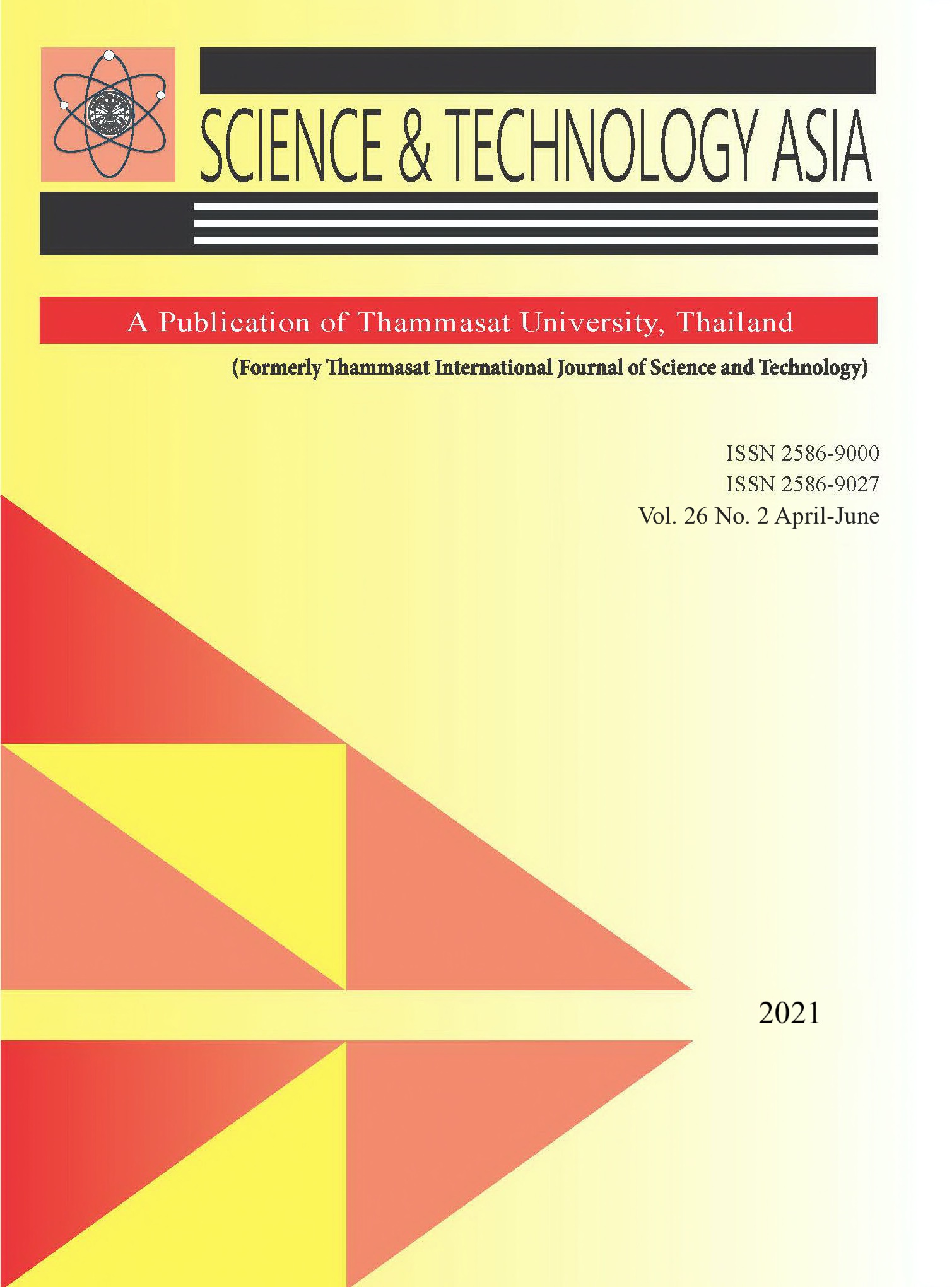Effects of Aqueous Ethanol Concentration and Solid-to-Liquid Ratio in the Extraction of Organosolv Lignin from Mango (Mangifera indica L.) Seed Husk
Main Article Content
Abstract
The Philippines is abundant with agricultural residues that are seemingly underutilized and undervalued. One of these residues is mango seed husks (MSH) generated from the mango processing industry. The current practice of discarding MSH to open dumpsites poses health and environmental concerns. This ushered in the need to address this issue. As lignocellulosic biomass, the major components of MSH are cellulose (⁓56%), hemicellulose (⁓18%), and lignin (⁓12%), which exhibit potential in several applications. Lignin, a natural biopolymer, has become an important compound in biorefineries. The exploitation of MSH to recover lignin necessitates several methods, such as the organosolv process using aqueous ethanol. In this study, lignin from MSH was recovered via the ethanol organosolv process. Specifically, the effects of ethanol concentration (50%, 65%, 80%) and solid-to-liquid ratio (SLR; 1:5, 1:7, 1:10) under fixed reaction time (4 hours) and temperature (95oC) on the recovery of lignin, in terms of %acid-soluble lignin (ASL), was investigated. The results show that higher lignin recovery is obtained at lower SLR and ethanol concentration. Response surface modeling revealed the combined effects of %ethanol and SLR on %ASL, in which linear effects imparted negative influence on %ASL, while quadratic and two-way interaction effects have a positive impact on the response variable. Furthermore, elucidation of lignin constituents in the extract, as well as its properties and biological activities, is seen to be an important undertaking to assess the appropriate application of the recovered lignin.


